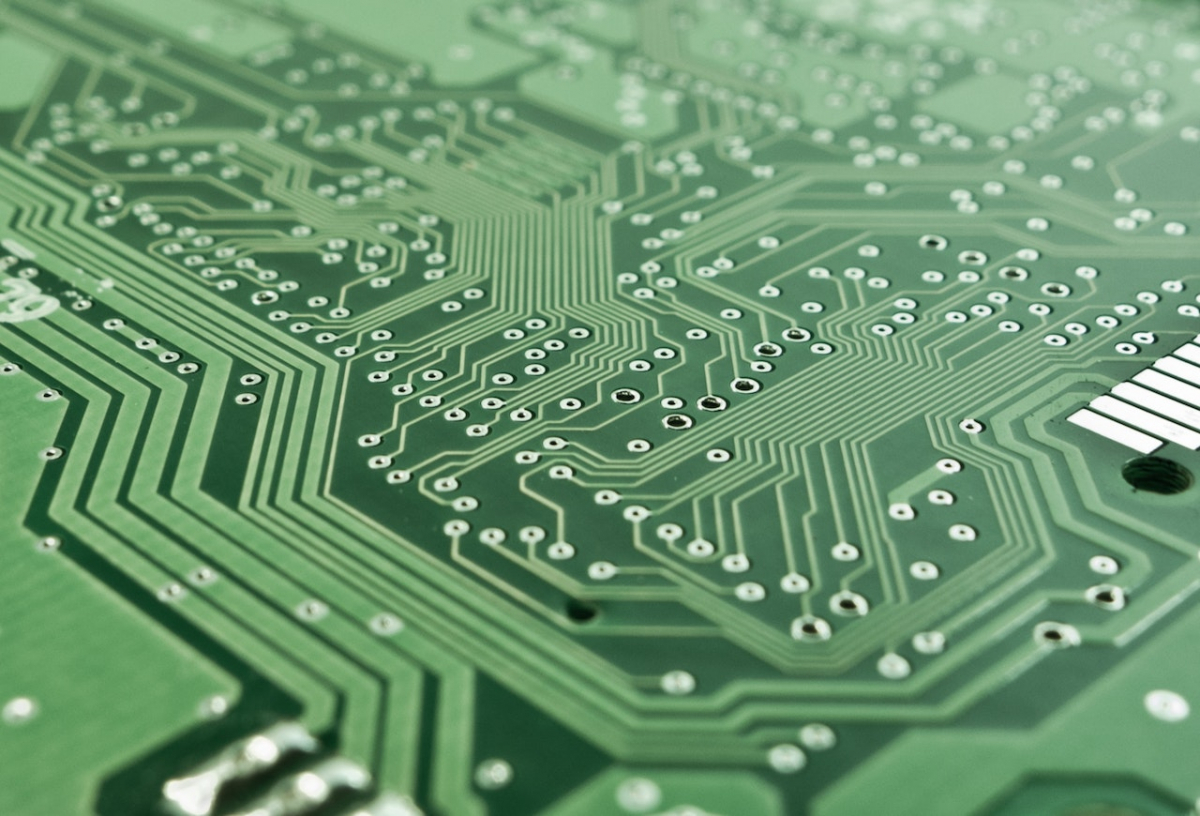Artificial intelligence (AI) is rapidly transforming the way we live, work, and interact with the world around us. From self-driving cars to virtual assistants, AI is poised to revolutionize several different industries in the coming years. In this article, we'll explore the top five industries that are primed for AI disruption and examine how this emerging technology will reshape the landscape of each field. From healthcare to finance to transportation, the possibilities are endless when it comes to the potential of AI.
AI in Healthcare
One of the most exciting areas of AI application is in the healthcare industry. AI is already being used to improve patient outcomes and reduce costs through precision medicine, predictive analytics, and diagnostic imaging. For example, AI-powered algorithms can analyze medical scans and identify potential issues that human doctors might miss. AI can also help doctors personalize treatments for individual patients based on their unique genetic makeup and medical history.
However, there are some challenges to implementing AI in healthcare. For one, there are concerns about the accuracy and reliability of AI algorithms. In addition, there are ethical concerns about the use of AI in healthcare, including issues around privacy and patient autonomy. Despite these challenges, the potential benefits of AI in healthcare are enormous, and we can expect to see continued investment and development in this area in the coming years.
AI in Finance and Banking
Another industry that is ripe for AI disruption is finance and banking. AI is already being used to improve fraud detection, automate customer service, and personalize financial advice. For example, AI-powered chatbots can help customers with routine banking tasks, freeing up human employees to focus on more complex issues. AI can also analyze large amounts of financial data to identify patterns and make predictions about market trends.
However, there are concerns about the impact of AI on jobs in the finance and banking industry. As more tasks are automated, there is a risk of job displacement for human workers. There are also concerns about the potential bias of AI algorithms, which could lead to unfair treatment of certain groups of customers. Despite these challenges, there is no doubt that AI will continue to play an increasingly important role in finance and banking in the years to come.
AI in Transportation and Logistics
Transportation and logistics is another industry that is poised for disruption by AI. Self-driving cars and trucks are already a reality, and AI is being used to optimize shipping routes and reduce delivery times. For example, AI-powered algorithms can analyze traffic patterns and weather data to identify the most efficient routes for delivery vehicles. AI can also help logistics companies predict demand and adjust their inventory levels accordingly.
However, there are challenges to implementing AI in transportation and logistics. One of the biggest challenges is regulatory, as there are still many questions around liability and safety when it comes to self-driving vehicles. There is also the risk of job displacement for human drivers and other transportation workers. Despite these challenges, the potential benefits of AI in transportation and logistics are enormous, and we can expect to see continued investment and development in this area in the coming years.
AI in Retail and E-commerce
Retail & e-commerce is another industry that is being transformed by AI. AI is being used to personalize shopping experiences, improve supply chain efficiency, and optimize pricing strategies. For example, AI-powered algorithms can analyze customer data to recommend products that are likely to be of interest to individual shoppers. AI can also help retailers better manage their inventory levels and reduce waste.
However, there are concerns about the impact of AI on jobs in the retail and e-commerce industry. As more tasks are automated, there is a risk of job displacement for human workers. There are also concerns about the potential bias of AI algorithms, which could lead to unfair treatment of certain groups of customers. Despite these challenges, the potential benefits of AI in retail and e-commerce are significant, and we can expect to see continued investment and development in this area in the coming years.
AI in Manufacturing
Finally, the manufacturing industry is another area that is being transformed by AI. AI is being used to optimize production processes, improve quality control, and reduce downtime. For example, AI-powered algorithms can analyze production data to identify areas where efficiency can be improved. AI can also help manufacturers predict maintenance needs and schedule repairs before equipment fails.
However, there are challenges to implementing AI in manufacturing. One of the biggest challenges is the cost of implementation, as many manufacturers may not have the resources to invest in new technology. There is also the risk of job displacement for human workers, particularly those in low-skilled positions. Despite these challenges, the potential benefits of AI in manufacturing are significant, and we can expect to see continued investment and development in this area in the coming years.
Advantages of AI in These Industries
The advantages of AI in these industries are numerous. AI can help improve efficiency, reduce costs, and improve the accuracy of decision-making. AI can also help improve customer experiences by providing personalized recommendations and assistance. In addition, AI can help identify patterns and trends that might be missed by human workers, leading to new insights and opportunities.
Challenges of Implementing AI
However, there are also challenges to implementing AI in these industries. One of the biggest challenges is the cost of implementation, as many businesses may not have the resources to invest in new technology. There are also concerns about the accuracy and reliability of AI algorithms, as well as concerns about the potential bias of these algorithms. In addition, there are ethical concerns around the use of AI in certain industries, particularly when it comes to privacy and autonomy.
Future of AI and Job Displacement
The future of AI is uncertain, particularly when it comes to the impact that this technology will have on jobs. While AI has the potential to create new jobs and opportunities, there is also a risk of job displacement for human workers. As more tasks are automated, it will be important for businesses and policymakers to consider how to support workers who may be displaced by AI. In addition, it will be important to ensure that AI is used ethically and responsibly, with a focus on creating positive outcomes for both businesses and society as a whole.
Conclusion
In conclusion, the rise of artificial intelligence is poised to revolutionize several different industries in the coming years. From healthcare to finance to transportation, the possibilities are endless when it comes to the potential of AI. However, there are also challenges to implementing AI, including concerns around accuracy, bias, and job displacement. As we move forward, it will be important to continue investing in AI research and development while also considering the ethical and social implications of this technology. Ultimately, the success of AI will depend on our ability to use it responsibly and sustainably.

